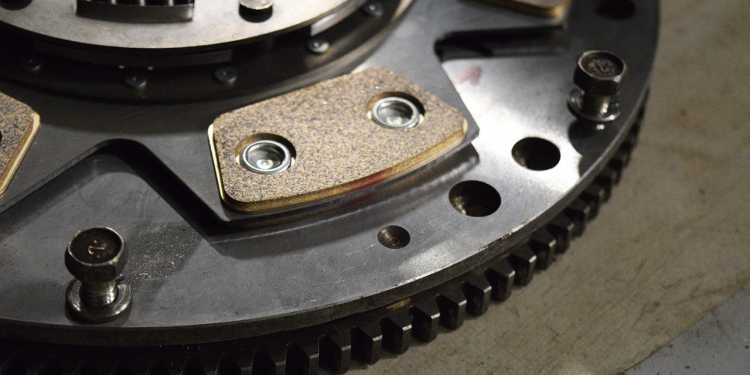A clutch is a mechanical component of a manual transmission vehicle. It creates a link between your truck’s engine and the transmission system. When you start your truck engine, it rotates continuously. Yet, the truck’s wheels only get into motion when you engage its transmission system. The clutch enables you to engage or disengage the transmission system to control your truck’s motion. You must try to stop the clutch failure.
Automatic transmission trucks have two foot-pedals, an accelerator and brakes. Yet, manual transmission trucks have three. The third pedal in a manual transmission truck is the clutch pedal. Stepping on the clutch pedal disengages the transmission system from the engine. While disengaged, the truck driver can select a gear to suit his driving regime. Releasing the clutch connects the engine to the transmission system to drive the wheels.
The clutch is essential to the operation of manual transmission trucks. As such, clutch failures are dangerous and lead to costly downtime. This article focuses on three common causes of clutch failure. Read on if you would like to know more about common causes of clutch failures.
Table of Contents
Causes of Clutch Failure
Protecting your clutch from damage can extend its lifespan and reduce your operational costs. It can also help you avoid accidents and unplanned roadside failures.
Several factors can contribute to the failure of your clutch. Yet, early detection of clutch faults can save you from costly repair jobs. As such, you should take your truck for regular checks and maintenance. Below are some factors you can look out for to prevent the failure of your clutch.
- Leaking Clutch Cylinders
- Quality aftermarket parts for trucks
- Poor driving practices
-
Leaking Clutch Cylinders
The clutch is a hydraulic device that uses fluid to transfer pressure from the clutch pedal to the clutch plates. During operation, the clutch fluid is transferred between its master and slave cylinders. Leaking cylinders limit your clutch from engaging or disengaging the transmission system efficiently. Below are some indicators of clutch cylinder leaks.
- Puddles of oil under your car
- Irregular clutch behaviour
- Low or dirty clutch fluid
- Difficulty shifting gears
-
Quality of Aftermarket Parts for Trucks
Using high-quality aftermarket parts is one of the most effective ways to prevent clutch failure. High-quality vehicle components can withstand more pressure and strain. They also last longer and give you value for your money.
You can avoid costly failures by making sure you acquire your aftermarket parts from European trucks from reliable suppliers. Below are some features to help you identify quality suppliers of aftermarket parts for trucks
- Registered and fully licensed supplier
- Verifiable history of reliable service
- Supplies products from reputable manufacturers
-
Poor Driving Practices
One of the most common causes of early clutch failure is poor driving practices. The clutch is a hydraulic system that is controlled by direct contact with the truck driver. Poor clutch management while driving can exert unnecessary pressure and cause damage to the entire system. Below are examples of poor driving habits that contribute to clutch failure.
- Keeping your foot on the clutch while driving or “Riding the clutch”
- Engaging or disengaging the clutch abruptly
- Ignoring clutch failure symptoms such as noises, vibrations and irregularities
Taking everything into account, it is necessary to check your clutch regularly. Troubleshooting minor challenges can help you avoid major failures. Early detection and repair of clutch problems can help you save time and money. Preventing unnecessary damage can help you reduce the total cost of owning your truck.


